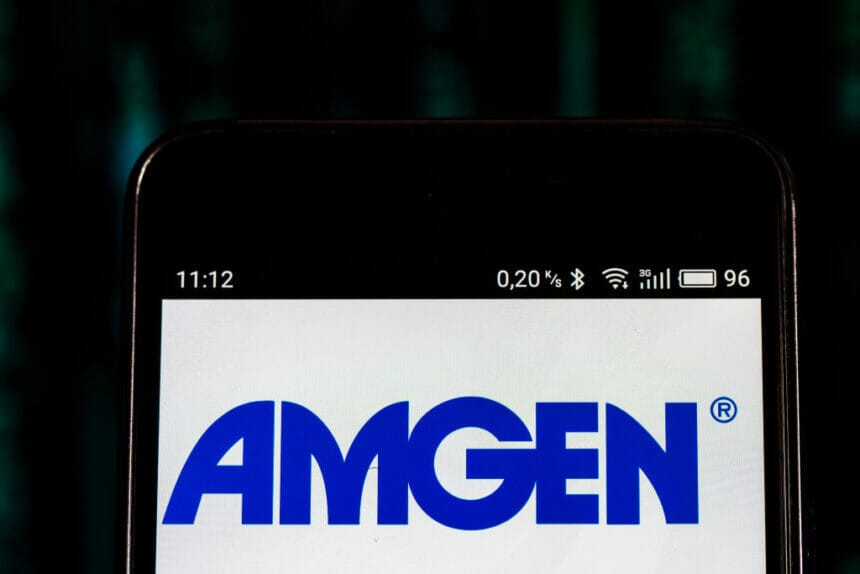The Federal Trade Commission announced Tuesday morning that it is suing to block Amgen’s $27.8 billion acquisition of Horizon Therapeutics.
The FTC said it voted to authorize staff to seek a temporary restraining order and preliminary injunction on the deal.
The agency unveiled the legal action in a public statement, criticizing the pharma industry for “rampant consolidation” that it charged has given powerful organizations a pass to hike drug prices, deny patients access to affordable generics and impede innovation.
“Today’s action — the FTC’s first challenge to a pharmaceutical merger in recent memory — sends a clear signal to the market: The FTC won’t hesitate to challenge mergers that enable pharmaceutical conglomerates to entrench their monopolies at the expense of consumers and fair competition,” FTC Bureau of Competition Director Holly Vedova said in a statement.
In response to the FTC’s action, Amgen issued a statement expressing its disappointment and resolved to continue forward with the acquisition. Amgen also pushed back on the FTC’s charge that the Amgen-Horizon deal would lead to the company bundling its medicines cross-market.
“The medicines offered by Amgen and Horizon generally treat different diseases and patient populations, and there are no overlaps of competitive concern,” the company stated. “The FTC’s claim that Amgen might ‘bundle’ these medicines (offer a multi-product discount) at some point in the future is entirely speculative and does not reflect the real world competitive dynamics behind providing rare-disease medicines to patients.”
Late Monday, Capitol Forum, Bloomberg and Reuters each reported that the FTC would challenge the proposed blockbuster healthcare merger, arguing that the consolidation would hamper innovation and drug development. The outlets all cited people familiar with the matter before the agency made the move official.
Bloomberg’s report indicated that this deal could mark an opportunity for FTC Chair Lina Khan to take a tougher approach to corporate consolidation following a 2021 announcement that the agency would reexamine how it handles pharma mergers.
The regulatory news sunk Horizon’s stock during early morning trading Tuesday, with the company’s shares down more than 17%, while Amgen’s dipped by about 1%.
Additionally, the reporting around the FTC’s potential action sent a chill down the spine of another target of pharma M&A activity: Seagen. The cancer-focused biotech, which announced in March that Pfizer would buy it for $43 billion, saw its stock price fall by 6% Tuesday morning.
Evaluate Vantage noted in an article Tuesday morning that a greater industry concern around the FTC is that any move from the agency could be “about more than just product or therapy area overlap.”
The Amgen-Horizon deal, first announced in December, followed a whirlwind sweepstakes process where the Irish rare-disease biotech was the subject of interest from several major pharma brands like Sanofi and Janssen.
Ultimately, the California-based pharma giant reached an agreement on a cash offer of $116.50 per Horizon share, marking a 48% premium on the company’s closing share price on November 29.
At the time, Amgen said it expected to receive regulatory approval for the acquisition in the first half of 2023, a view that it reiterated in its latest earnings report released last month. In its statement responding to the FTC, Amgen said it still plans on closing the deal by mid-December.
“We look forward to closing the acquisition of Horizon Therapeutics and joining forces to reach more patients around the world with their innovative medicines,” Amgen CEO Robert A. Bradway said in a statement accompanying the financial release.
Bradway previously noted that Amgen expects the Horizon deal to boost the company’s revenues and be accretive from 2024.
Editor’s note: This story has been updated with commentary from the FTC and Amgen.








